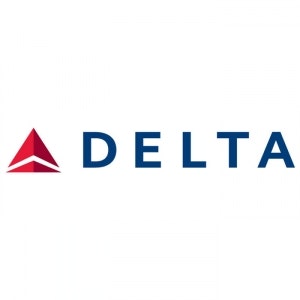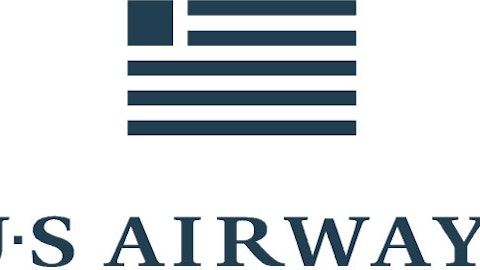As the summer travel season heats up, vacationers who are traveling by plane naturally want to know if their flights will arrive on time this summer. The last thing most travelers want to do is spend lots of extra time in the airport, rather than on the beach!
Unfortunately, the summer tends to be the worst season for air travel delays. Since demand is higher during the months from June to August than for the rest of the year, airlines schedule more flights. If severe thunderstorms — or worse, a tropical storm — slow departures and arrivals in some of the major hub cities, there’s no slack in the system . This can lead to rippling delays and cancellations nationwide.
If you happen to be flying on a day when severe weather hits the country, brace yourself for some long delays. On the other hand, if the weather cooperates, you may have a decent chance of arriving on time this summer, as airlines have cut a lot of capacity in recent years. However, a lot will depend on where you’re coming from and where you’re going. The most crowded airports in the country will be as busy as ever. If you’re flying to or from cities like New York, Chicago, or Los Angeles, you should be prepared to be late.
Big is the new small
As I wrote back in April, airlines are increasingly favoring larger planes these days. Larger planes are almost always cheaper to operate on a per-seat basis, so as long as there is enough demand to fill the extra seats, it makes sense to “upgauge”. In many cases, it is more profitable to offer a few flights on large airplanes rather than many flights on small regional jets. This industry shift toward larger planes means that airlines have been cutting a lot of flights at small- and medium-sized airports .
Hubs in smaller markets like Cincinnati, Cleveland, and Memphis have been particularly hard hit. Carriers like Delta Air Lines, Inc. (NYSE:DAL) and United Continental Holdings Inc (NYSE:UAL) have realized that they are better off directing traffic through their larger hub cities like Detroit, Chicago, and Atlanta. As a result, airports in medium-size cities all have many fewer flights today than they had before the Great Recession. As a result, these airports are likely to experience fewer delays than was previously the case.
The favored few
On the other hand, there are a handful of airports that continue to have chronic delays, because they are highly desirable to the airlines. The three major New York airports — LaGuardia, JFK, and Newark — top that list. The two major Chicago airports — O’Hare and Midway — also tend to be very busy, as do a few other airports like Washington’s Reagan National Airport.

A rendering of Delta Air Lines, Inc. (NYSE:DAL)’s hub at JFK Airport (courtesy of Delta)
Many of these airports are slot-controlled, meaning that the government has capped the number of flights that airlines are permitted to schedule, in order to mitigate delays. These slots are highly sought-after: for example, JetBlue Airways Corporation (NASDAQ:JBLU) bid $40 million for 8 slot-pairs (the rights to operate 8 roundtrips) at Reagan National Airport in late 2011 . On peak days, airlines will use every single slot that they own at these popular airports.




